The joint military exercises of the US and South Korea are formally halted. The South Korean defense ministry said in a statement that “South Korea and the United States have agreed to suspend all planning activities regarding the Freedom Guardian military drill scheduled for August.” Pentagon spokeswoman Dana White said separately that “we are still coordinating additional actions. No decisions on subsequent wargames have been made.”
On the other hand, the join military exercises of US and Japan will continue as usual. Japan’s Chief Cabinet Secretary Yoshihide Suga said there is no change to the planned drills. And, Suga added “the United States is in a position to keep its commitment to its allied nations’ defense and our understanding is there is no change to the U.S. commitment to the Japan-U.S. alliance and the structure of American troops stationed in Japan.”
At the same time, North Korean leader Kim Jong-un arrives in Beijing today for a two-day visit. It’s believed that Kim will brief Chinese President Xi Jinping on last week’s summit with Trump in Singapore.



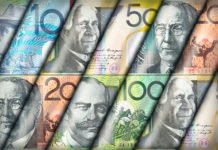
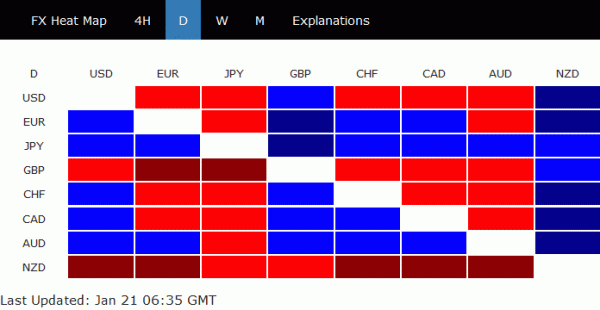
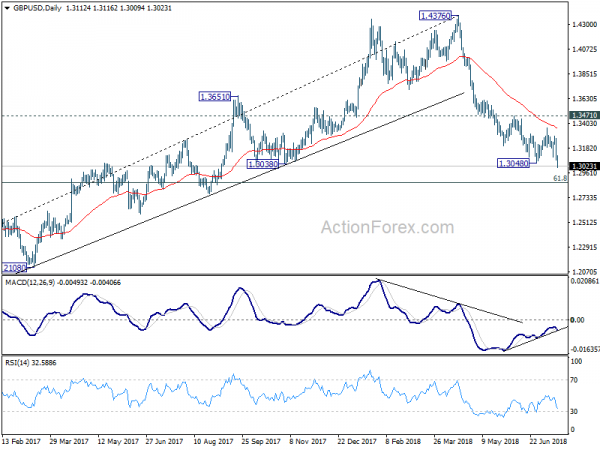
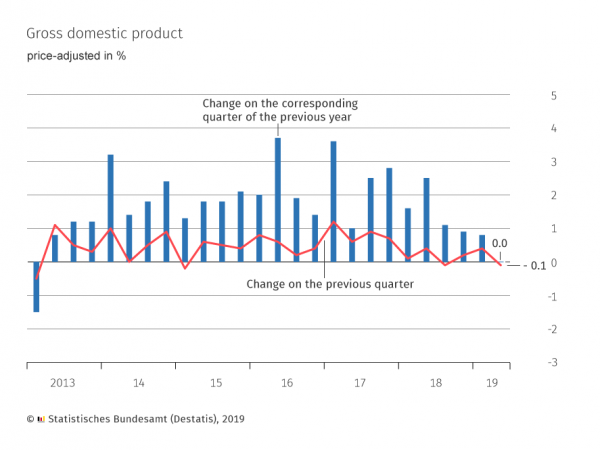
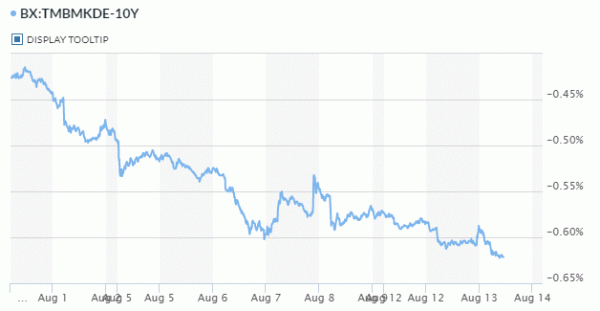
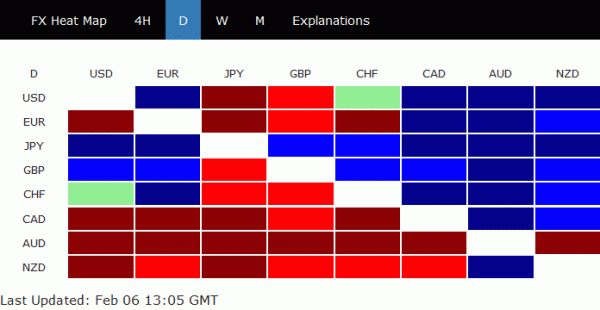
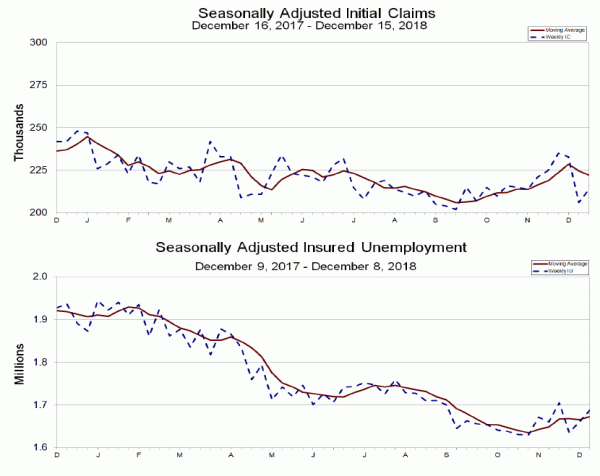
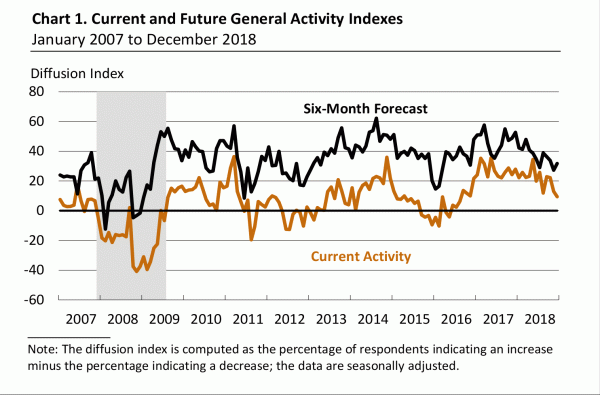
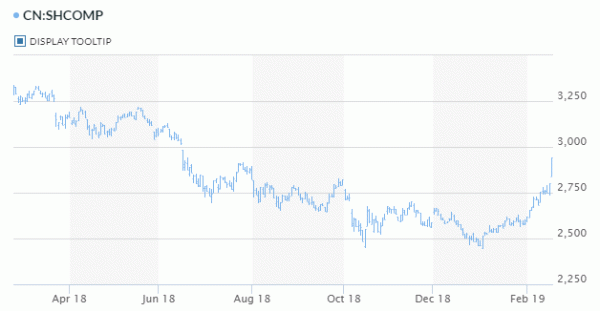
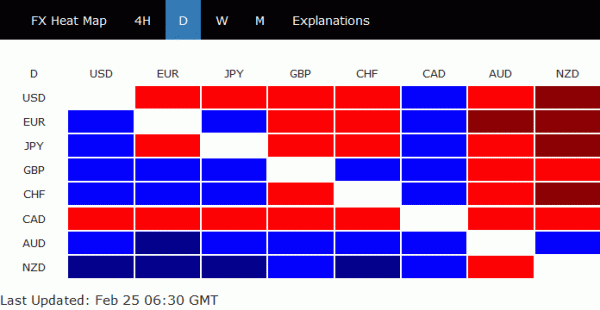
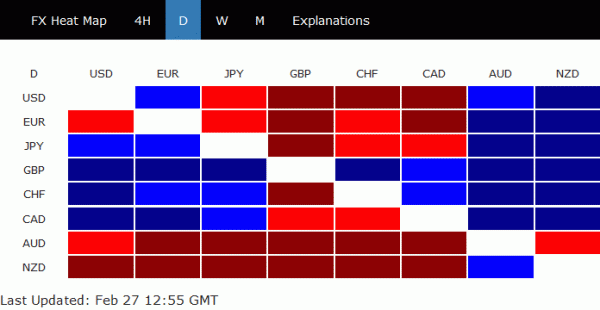

Japan’s PMI services finalized at 51.5, steeper increase in inflationary pressures
Japan’s PMI Services was finalized at 51.5 in December, up slightly from November’s 50.8, signaling a modest but positive growth in the sector. Composite PMI also improved, reaching the neutral mark at 50.0, up from 49.6 in the previous month.
Usamah Bhatti of S&P Global Market Intelligence attributed this growth to an increase in new orders and customer numbers. This uptick in business activity led firms to end the year with a more positive outlook. Service providers also expressed confidence about future activity, driven by expectations of economic recovery and plans for long-term business expansion.
However, Bhatti noted “steeper increase in inflationary pressures”, mainly from escalated costs for raw materials, fuel, and labor. This resulted in the highest increase in service output charges since August.
Full Japan PMI Services final release here.